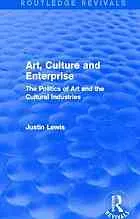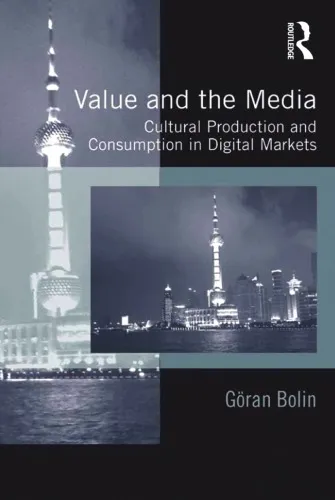Judicial Power and Strategic Communication in Mexico
4.9
بر اساس نظر کاربران

شما میتونید سوالاتتون در باره کتاب رو از هوش مصنوعیش بعد از ورود بپرسید
هر دانلود یا پرسش از هوش مصنوعی 2 امتیاز لازم دارد، برای بدست آوردن امتیاز رایگان، به صفحه ی راهنمای امتیازات سر بزنید و یک سری کار ارزشمند انجام بدینکتاب های مرتبط:
Although they are not directly accountable to voters, constitutional court judges around the world nevertheless communicate with the general public through the media. In Judicial Power and Strategic Communication in Mexico, Jeffrey K. Staton argues that constitutional courts develop public relations strategies in order to increase the transparency of judicial behavior and promote judicial legitimacy - two conditions that are favorable for the exercise of independent judicial power. Yet, in some political contexts there can be a tension between transparency and legitimacy, and for this reason, courts cannot necessarily advance both conditions simultaneously. The argument is tested via an analysis of the Mexican Supreme Court during Mexico's recent transition to democracy, and also through a cross-national analysis of public perceptions of judicial legitimacy. The results demonstrate that judges can be active participants in the construction of their own power. More broadly, the study develops a positive political theory of institutions, which highlights the connections between democratization and the rule of law.
دانلود رایگان مستقیم
شما میتونید سوالاتتون در باره کتاب رو از هوش مصنوعیش بعد از ورود بپرسید
دسترسی به کتابها از طریق پلتفرمهای قانونی و کتابخانههای عمومی نه تنها از حقوق نویسندگان و ناشران حمایت میکند، بلکه به پایداری فرهنگ کتابخوانی نیز کمک میرساند. پیش از دانلود، لحظهای به بررسی این گزینهها فکر کنید.
این کتاب رو در پلتفرم های دیگه ببینید
WorldCat به شما کمک میکنه تا کتاب ها رو در کتابخانه های سراسر دنیا پیدا کنید
امتیازها، نظرات تخصصی و صحبت ها درباره کتاب را در Goodreads ببینید
کتابهای کمیاب یا دست دوم را در AbeBooks پیدا کنید و بخرید
1301
بازدید4.9
امتیاز0
نظر98%
رضایتنظرات:
4.9
بر اساس 0 نظر کاربران
Questions & Answers
Ask questions about this book or help others by answering
Please وارد شوید to ask a question
No questions yet. Be the first to ask!
قیمت نهایی
291,000 تومان
0
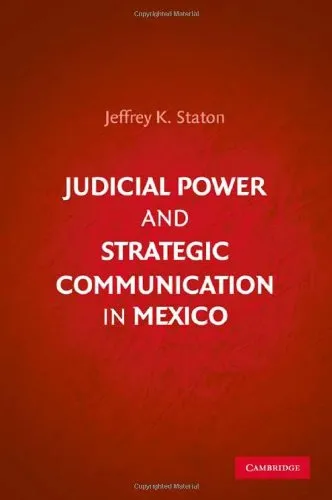

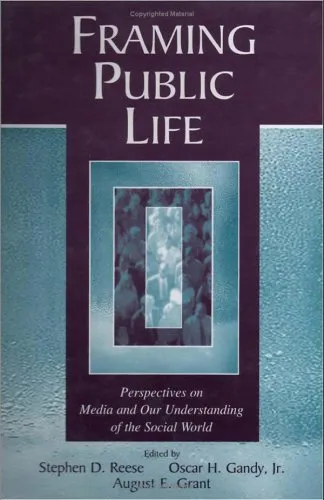
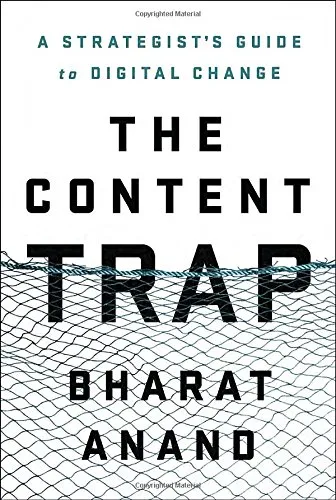
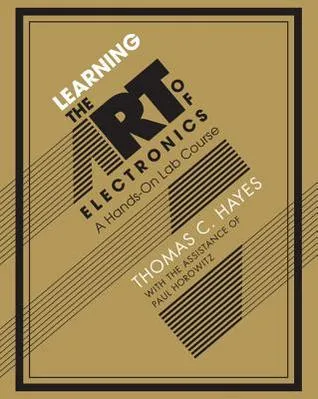

![The Influencing Machine: Brooke Gladstone on the Media [Artwork Layout]](https://s3.refhub.ir/images/thumb/The_Influencing_Machine__Brooke_Gladstone_on__25329.webp)



